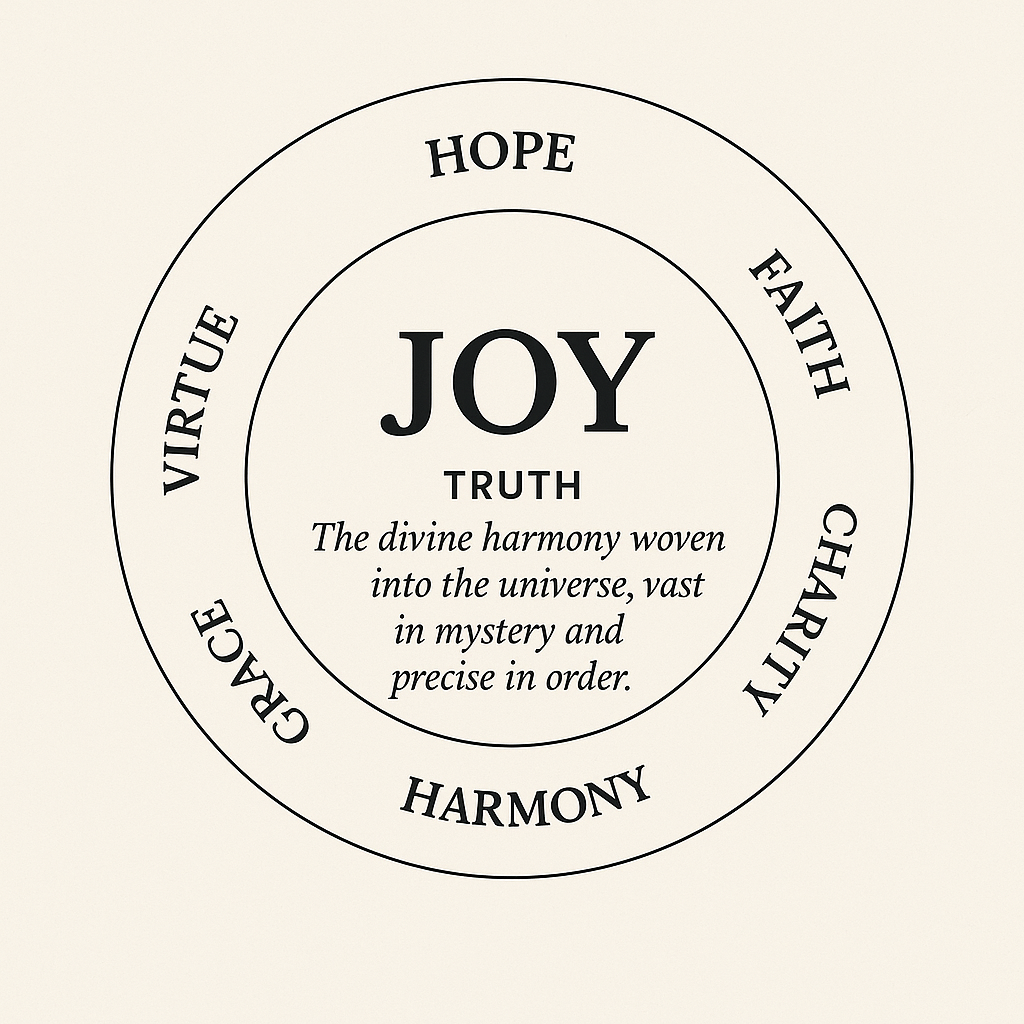The Landscape of Spiritual Well-Being Inspired by The Divine Comedy
Do We Create Our Own Heaven and Hell? A Reflection on The Divine Comedy and the Mind’s Inner Landscape
”We become what we contemplate.”
That line might not be etched in stone above the gates of Hell or sung in the spheres of Heaven, but it could summarize one of the most quietly revolutionary messages of The Divine Comedy. Yes, Dante’s poem describes a literal journey through the afterlife. But it’s also something deeper—something more familiar. It’s about the world we build inside ourselves. The one we live in every day.
Heaven and Hell as Spiritual Geography... and Mental Reality
For Dante, Heaven and Hell are real. The soul continues beyond this life. But as we follow his path from the dark wood to the radiant stars, something becomes clear: Heaven and Hell aren’t just places. They are conditions of the soul and the soul begins shaping them here and now.
What We Love, We Become
Throughout the poem, Dante shows how every soul—damned or blessed—is formed by its desires. It’s not about random punishment or arbitrary reward; rather, it’s about whether desire and will are misaligned—or aligned—with truth and love.
- A soul consumed by pride, envy, or greed turns inward and shrinks into isolation. That’s Hell.
- A soul shaped by love, humility, and joy opens outward—toward God, others, and the cosmos. That’s Heaven.
He even says at one point: “The mind is so shaped by love / that when it is set upon a thing, / it turns wholly to it.” (Paradiso, Canto XIII) In other words: what we dwell on, we grow into. What we contemplate, we carry. This is deeply spiritual—and deeply psychological.
Spiritual and Psychological Well-Being Are Linked
Modern well-being theory talks a lot about mindset, resilience, self-awareness, and emotional regulation. In its own way, so does Dante.
- Spiritual well-being is about alignment with something greater—truth, purpose, harmony.
- Psychological well-being is about internal coherence, clarity, and peace.
But really, they’re not separate. A soul at peace with itself tends to radiate outward. A mind twisted in fear or resentment contracts, isolates, lashes out. The terrain of the afterlife? It’s also the terrain of the inner life.
A Final Thought
Faith, hope, and virtue are the quiet ingredients of spiritual growth. They don’t promise an easy path—but they guide the soul toward clarity, strength, and peace. Like the journey in the poem, spiritual well-being is a deeply personal unfolding: an awakening to what matters, a transformation that may involve suffering, and ultimately, the discovery of joy—not as a reward, but as the natural radiance of a life aligned with love and truth.
“We become what we contemplate.”
The path you walk may begin with your feet—but it continues in your mind.
